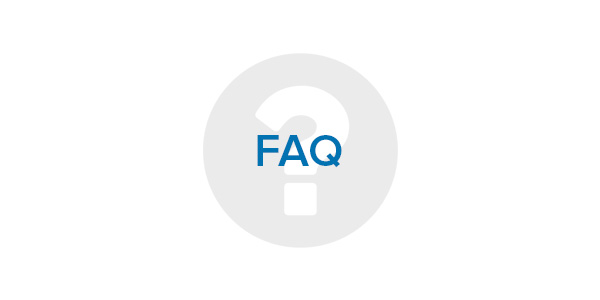What is Video Remote Interpretation?
Video Remote Interpretation (VRI) is an on-demand interpreting service provided over the Internet, via video, through a computer or mobile device with a webcam.
What is the difference between interpretation and translation?
Although both practices share the common goal of taking information that is available in one language and converting it to another, they are two separate processes. Interpretation refers to listening to something spoken and interpreting it orally into the target language. Translation involves taking a written text and translating it in writing into the target language.
Are your ASL video interpreters certified by the Registry of Interpreters for the Deaf?
Yes, all LSA video remote ASL interpreters are RID certified.
What are the qualifications of your foreign language interpreters?
LSA’s foreign language interpreters undergo a rigorous three-step evaluation process which takes into account their experience, education, applicable certifications, subject matter expertise, and language and interpreting abilities.
What is the process to access an LSA video interpreter?
Once you are setup with an LSA account for VRI services, simply follow the steps outlined below:
On-Demand
- Sign in to the LSA App with your dedicated username and password.
- Select the language you need.
- Connect with an LSA video interpreter in seconds.
- Navigate to the Web Browser or Application version of the LSA Interpretation App (formerly IRIS)
- Select the ‘Scheduled Calls’ button on the top of the page and enter the ‘Request number’
- PLEASE NOTE: If you do not have your ‘Request number’, once you are on the ‘Scheduled Calls’ page click the ‘Help’ button for assistance.
- Access a qualified ASL or foreign language interpreter within seconds in an emergency or short notice setting
- Eliminate travel time, mileage, advanced scheduling and wait time associated with onsite interpreting
- Pay only for the interpretation minutes used


















